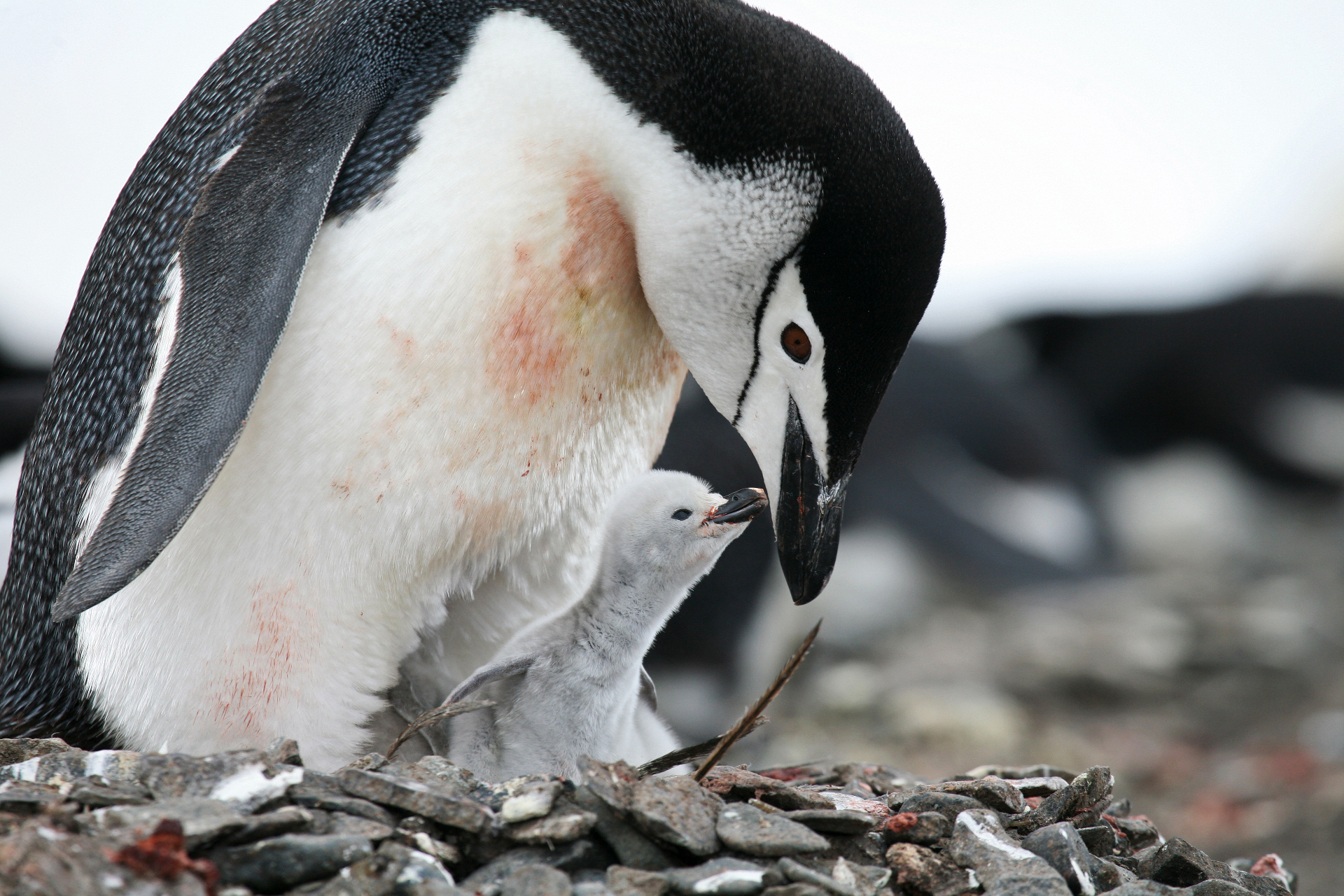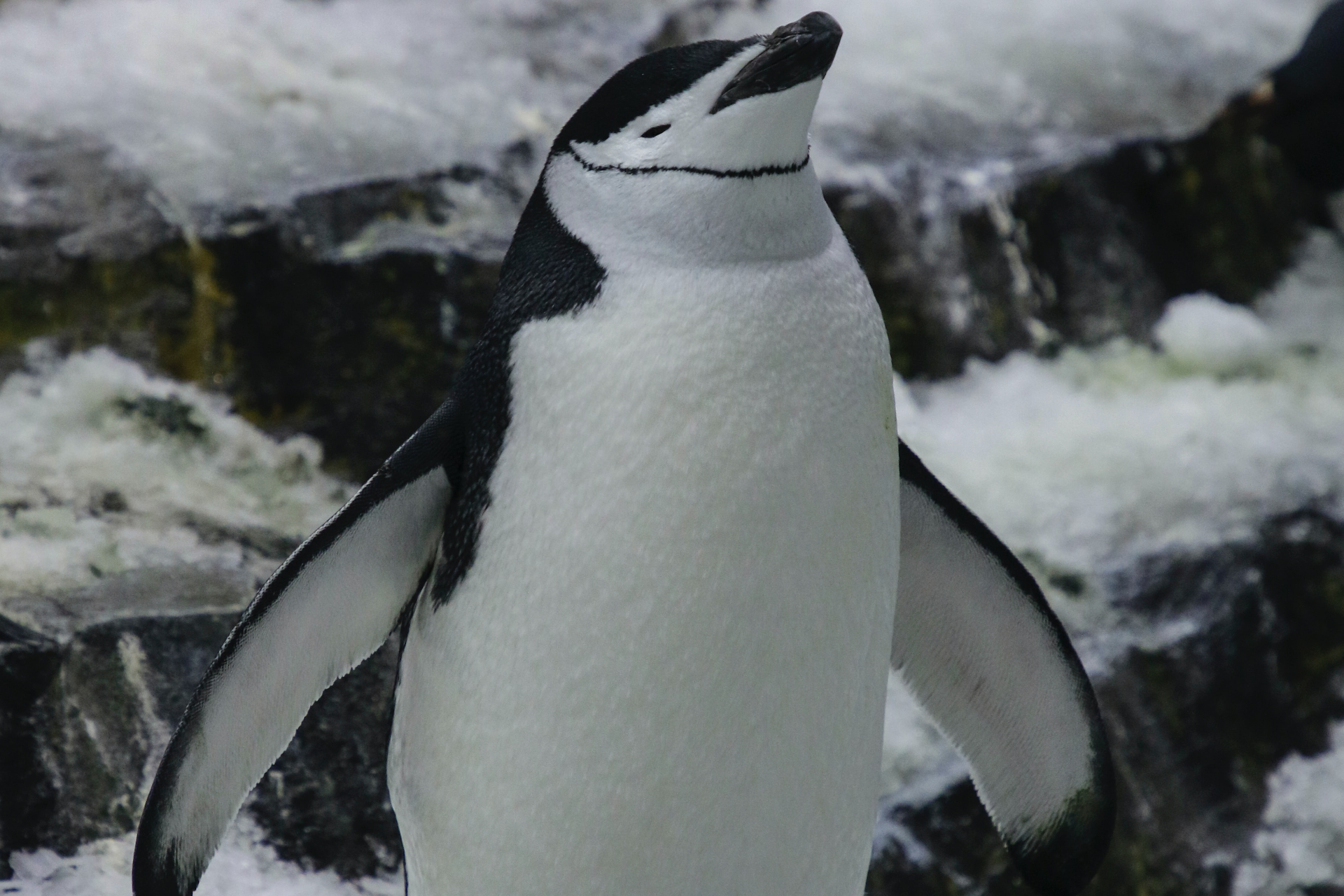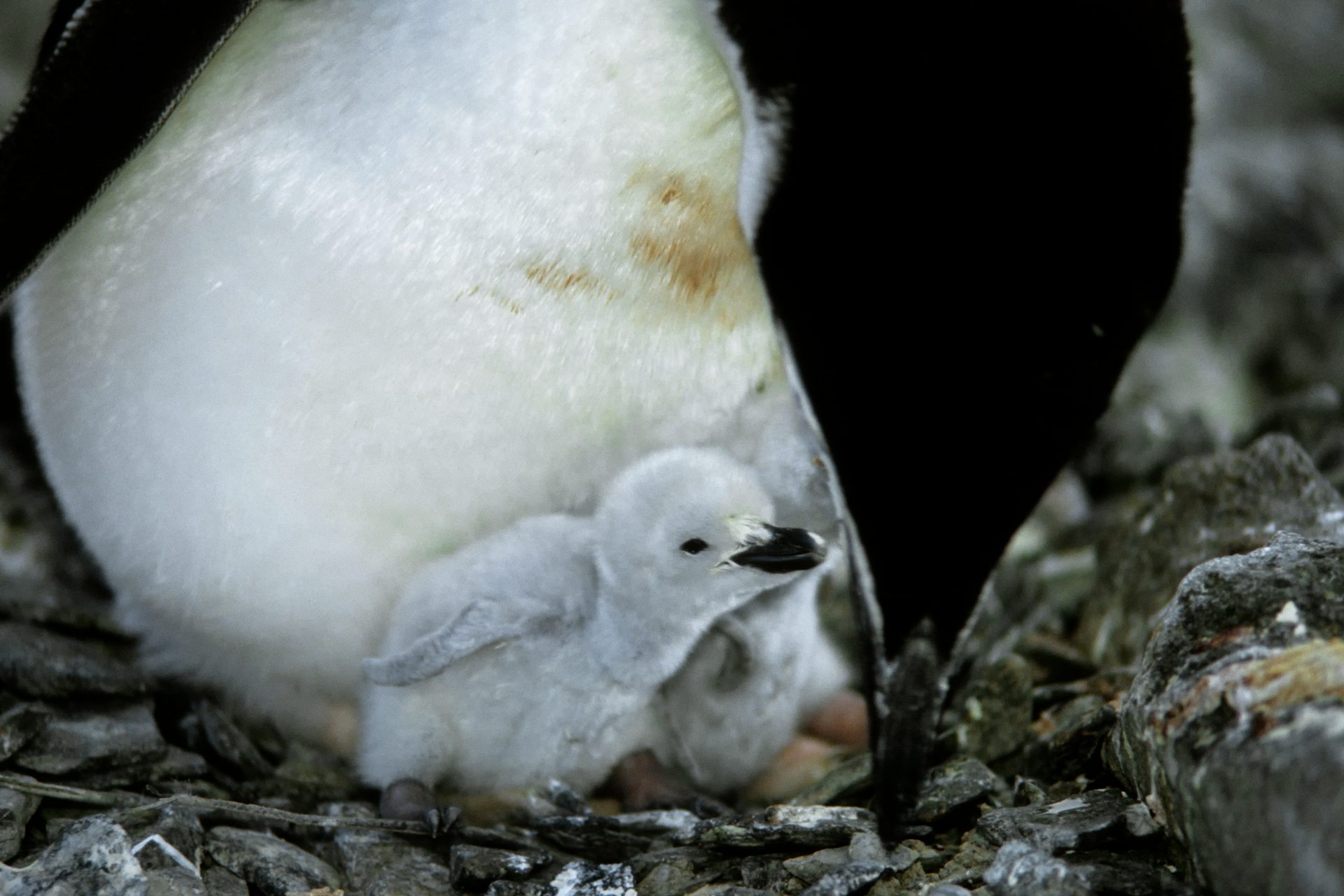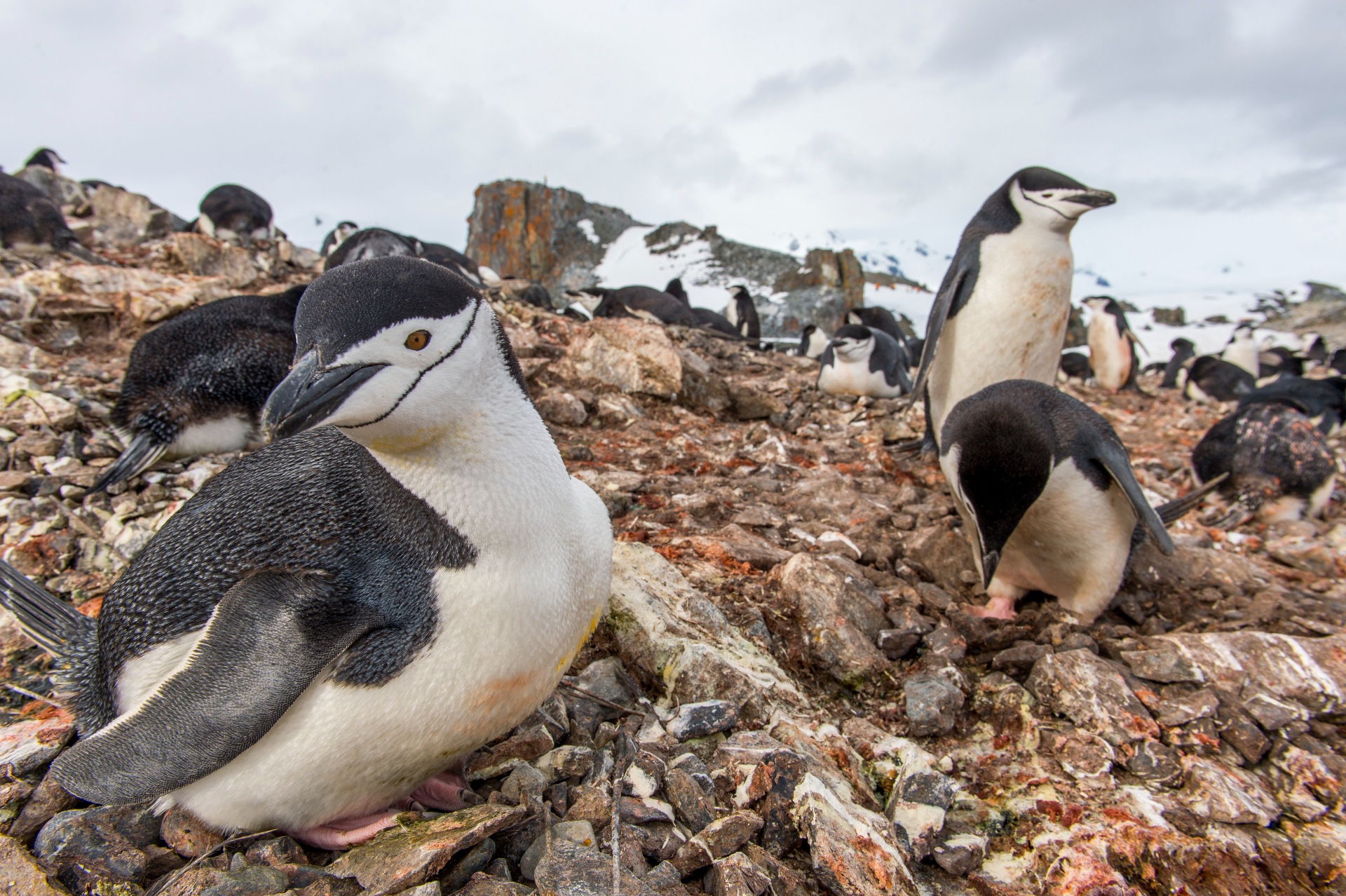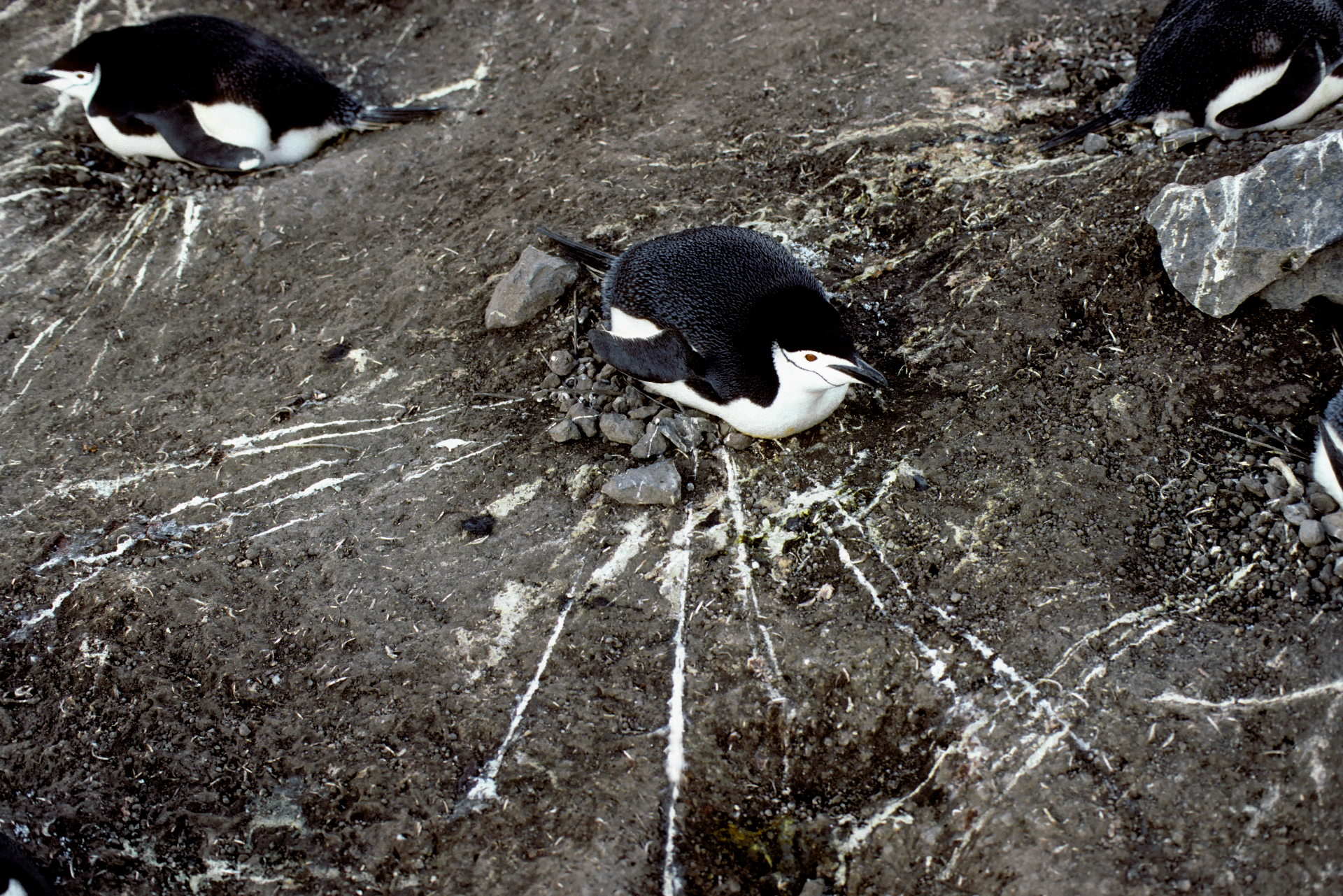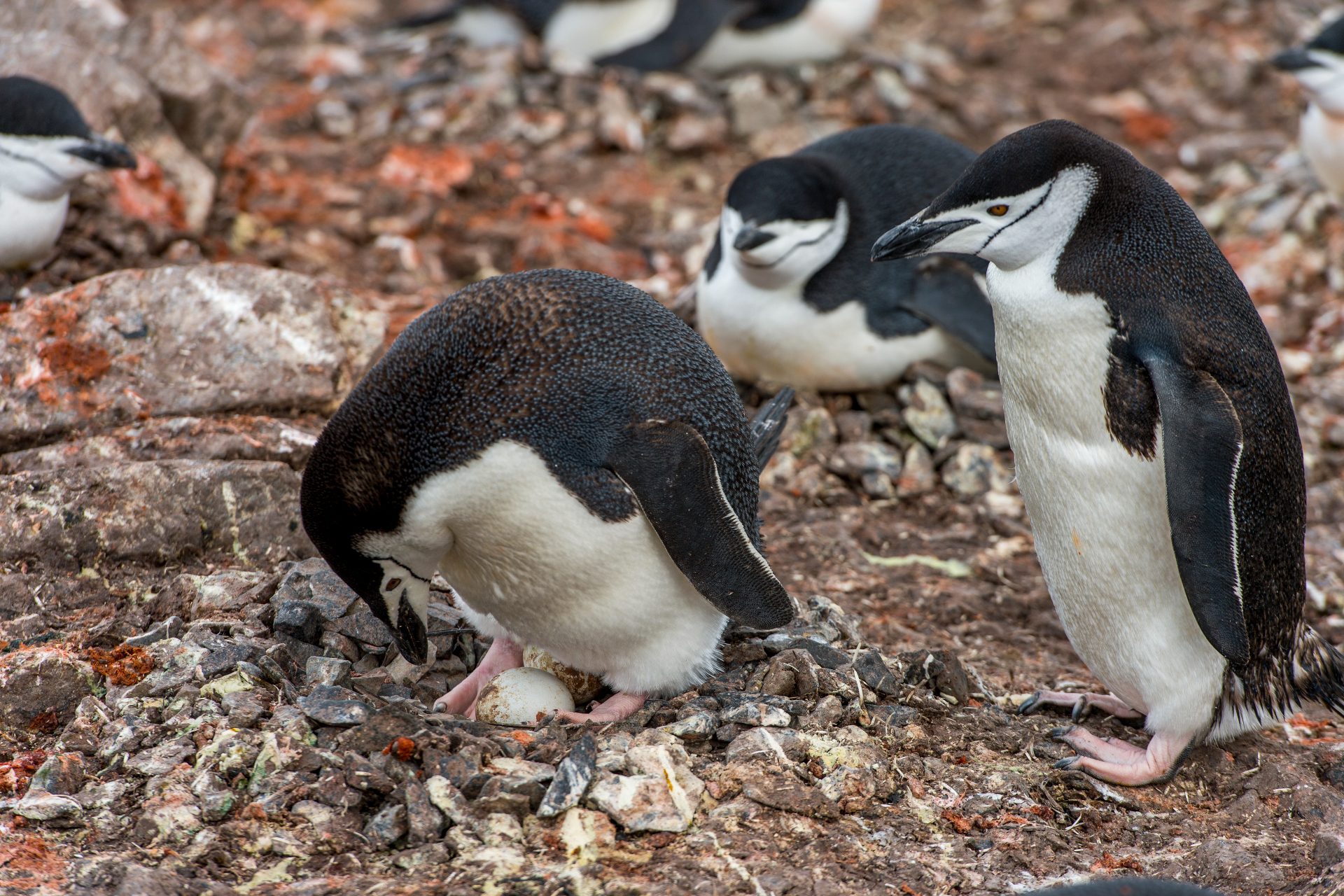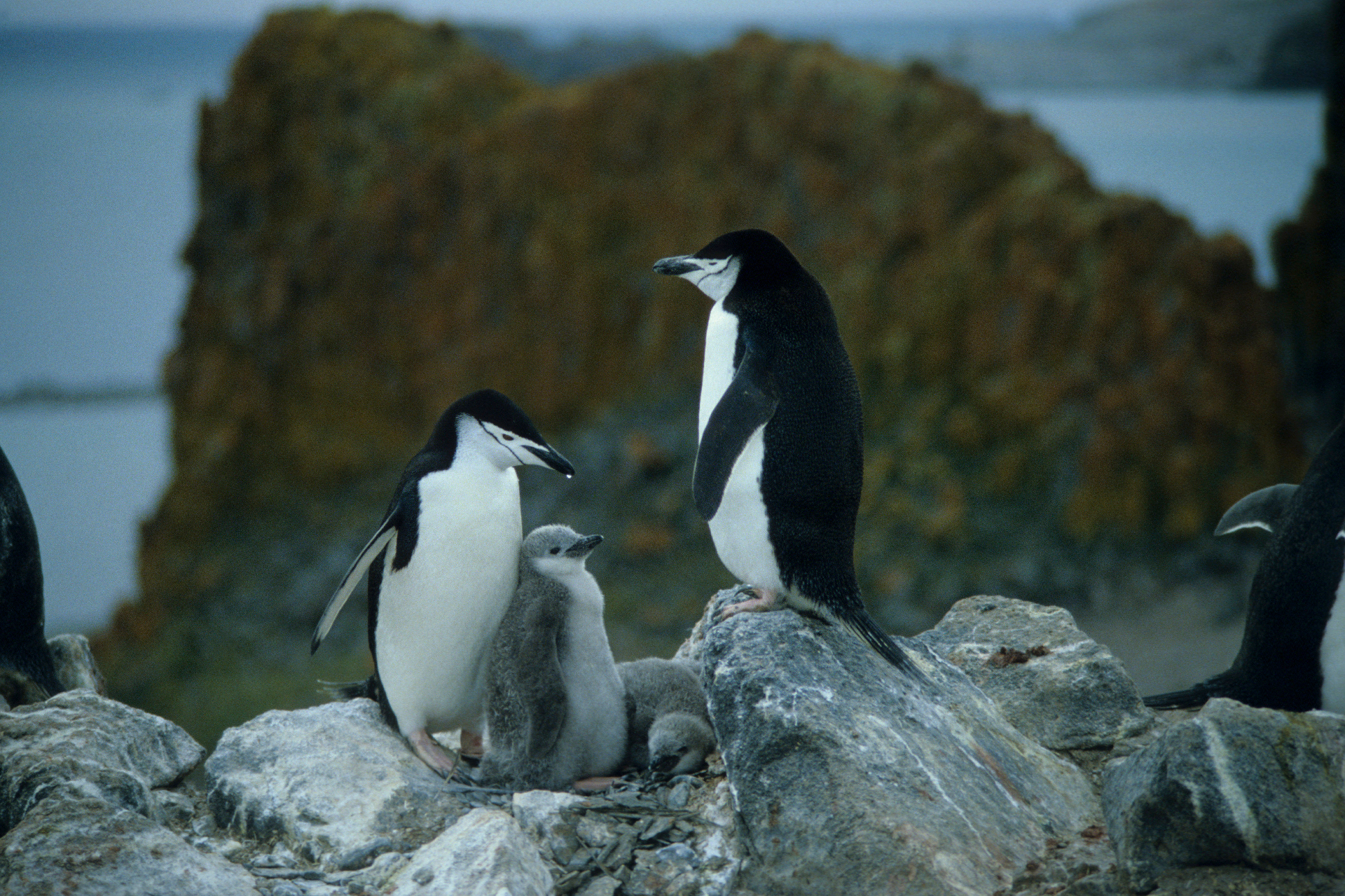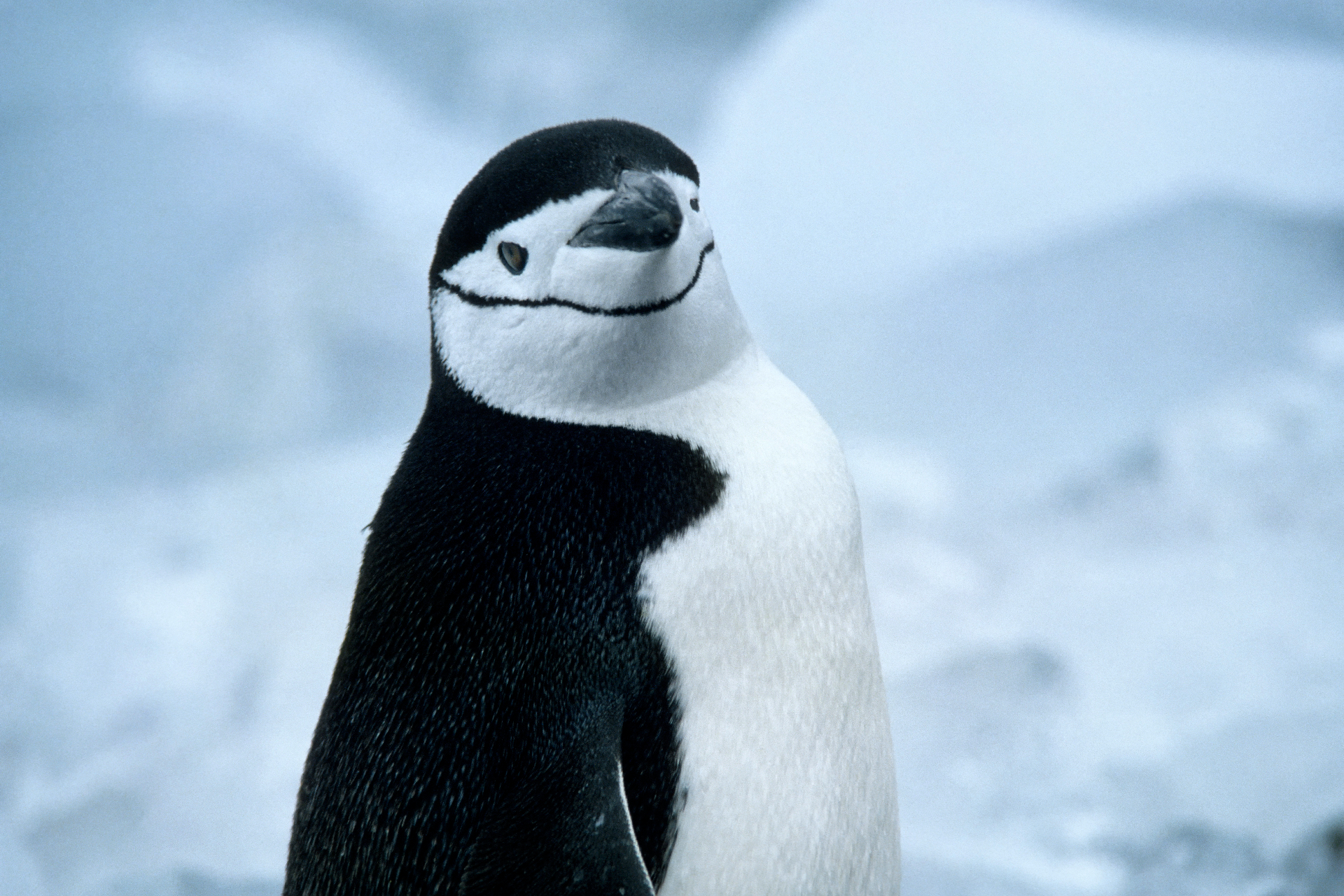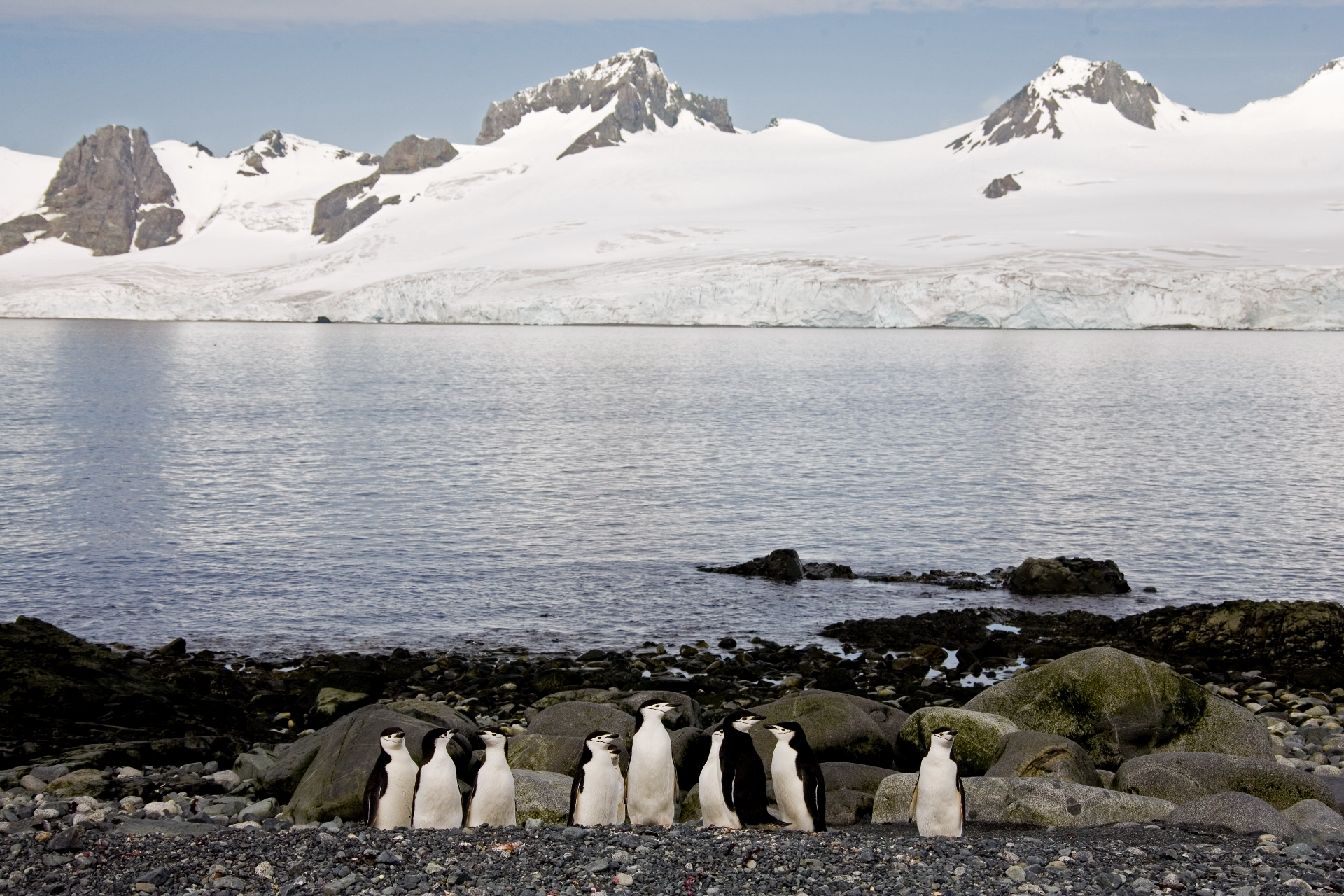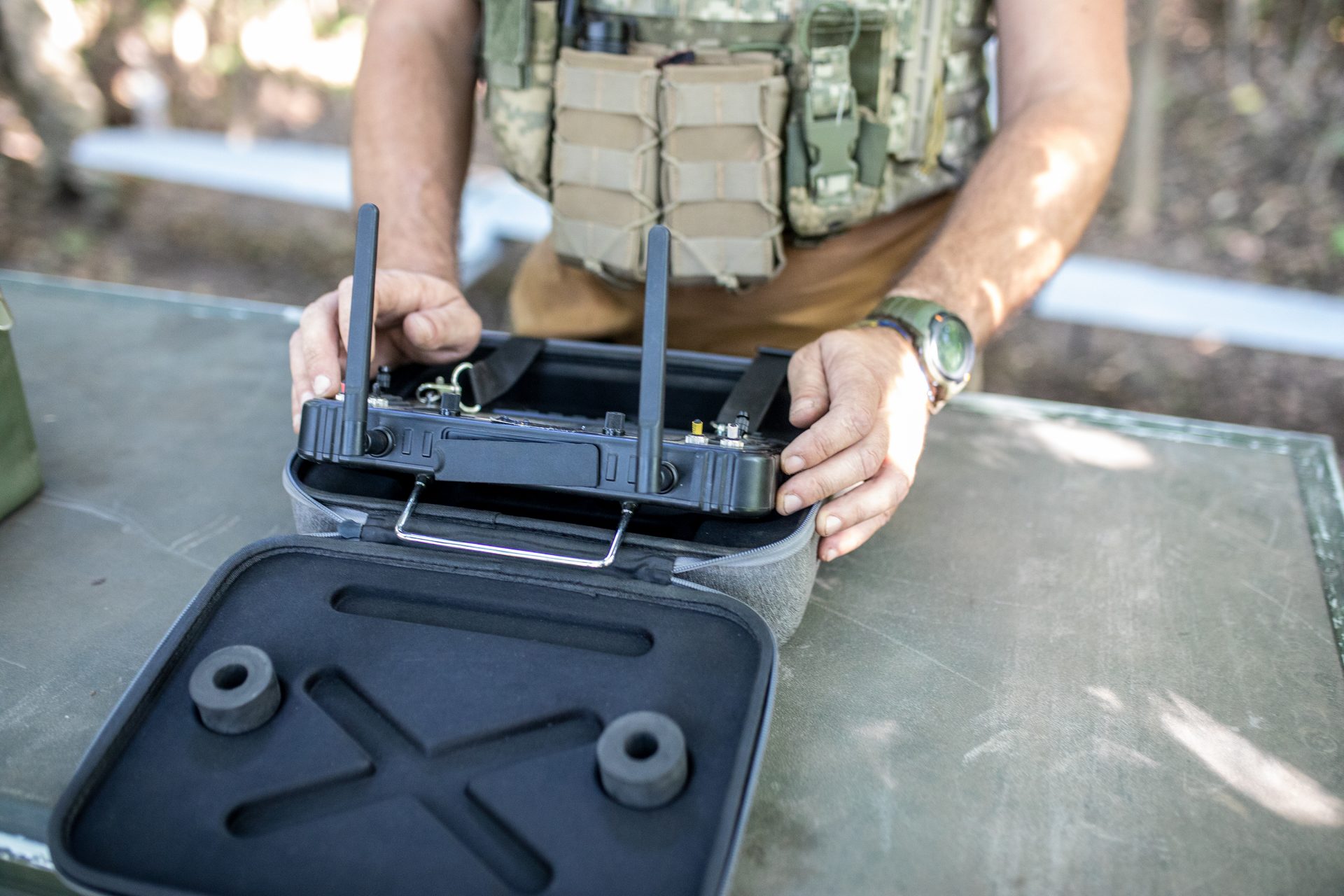Microsleep: how penguin parents watch their newborns 24/7
Researchers discovered that chinstrap penguins in Antarctica resort to microsleep to watch their nests round the clock and protect their newborns and eggs from predators.
These penguins sleep for four seconds up to 10,000 times a day, according to the investigators who studied them on King George Island in Antarctica and published the results in Science.
The penguins never enter deep sleep, but they still get 11 hours of daily sleep by adding their microsleep naps together, the researchers explained to The Guardian.
The team studied the sleep habits of penguins in the wild. It is the first study of this kind, as other past studies were done by capturing the animals and watching them in captivity.
Image: Mick Haupt / Unsplash
The study was also unique because it used EEG scans to monitor the brain activities of the penguins by attaching brain sensors. The researchers only looked at breeding penguins.
The researchers noted that the penguins had their eyes closed but used their brain waves to confirm they were sleeping in those short periods.
According to AP, they collected data from 14 adults over 11 days. The penguins do not reach deep sleep during their short naps, but they can still function, co-author Niels Rattenborg told the news agency.
The only exception appeared around noon when the penguin parents allowed themselves to sleep more profoundly for a few more seconds.
The researchers think it is because predators are less active at that time of the day. Sleeping makes animals incredibly vulnerable to predators.
All animals on the planet seem to need sleep to function. Some species, like the penguins, adapt their patterns to avoid being vulnerable to predators.
Still, according to what the researchers told The Guardian, no one has documented such extreme sleeping deprivation patterns in any other species.
Daniel Paranhos Zitterbart, a penguin expert who didn't participate in the study, told AP News that these animals live in a "high-stress environment" constantly surrounded by predators.
Microsleep is a helpful asset to navigate such conditions but is also valuable to science. This sleeping pattern is a significant discovery in the path toward understanding sleep.
The system these penguins use to "recharge" their bodies challenges scientists' preconceived notions about how slumber works and its role in waking performance.
The researchers wrote in their paper that the discovery calls into question how much sleep can be altered without affecting body function and, therefore, how significant its role is.
The microsleep system doesn't negatively affect the penguin's body, so it also contradicts the notion that sleep fragmentation is always detrimental to sleep quality.
More for you
Top Stories



